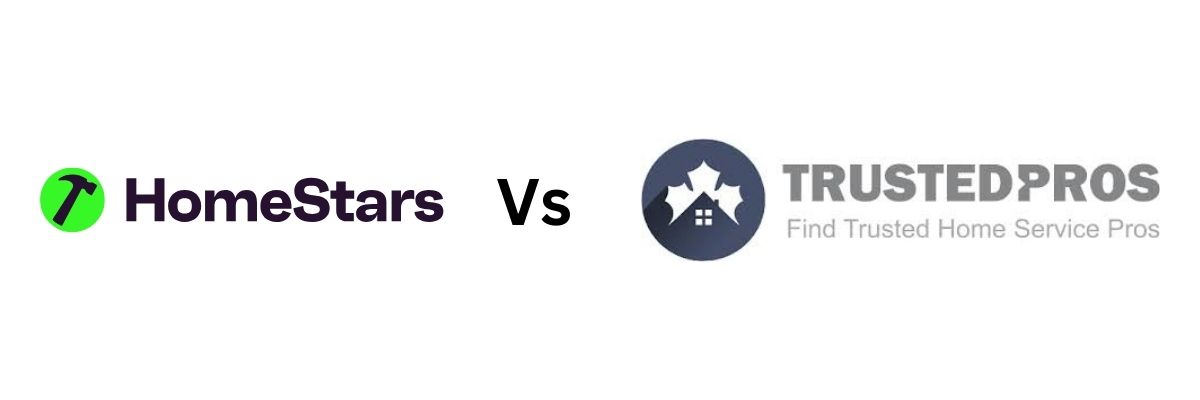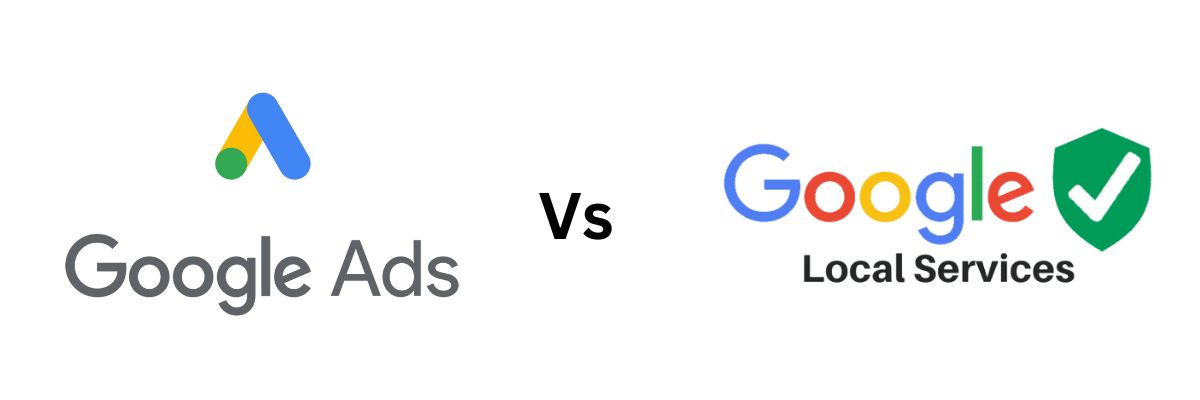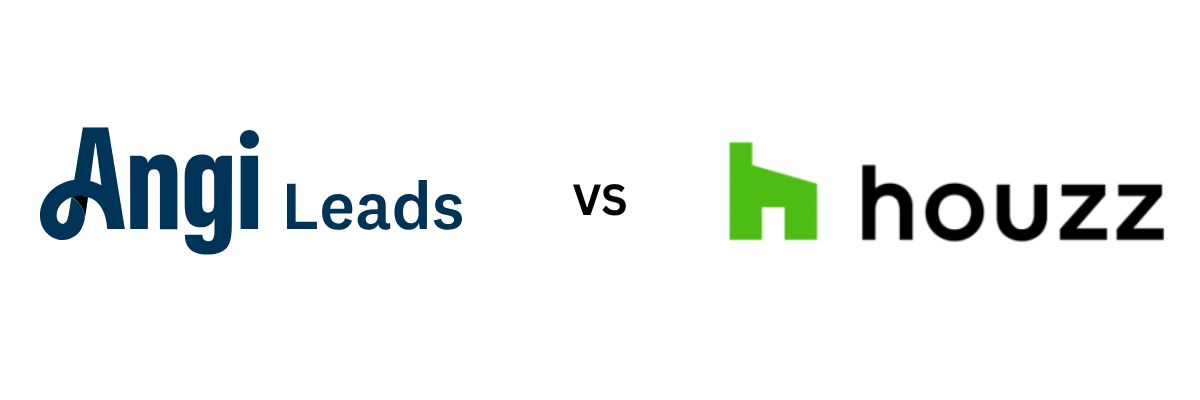Both Google Ads and Yelp Ads are pay-per-click advertising platforms, but they serve different purposes for businesses looking to attract local customers. Google Ads gives you maximum control and reach across search, display, and video networks, while Yelp Ads focuses on high-intent consumers already comparing local businesses. The right platform for you depends on your business goals, your online presence, and your budget.
Quick Comparison Table
| Feature | Google Ads | Yelp Ads |
| Audience Reach | Massive reach: Google Search, Maps, Display, YouTube. Highly customizable location and keyword targeting. | Smaller but highly targeted; users actively comparison shopping for local services. |
| Ad Formats | Search ads, display ads, video ads, shopping ads. Flexible campaigns for any funnel stage. | Sponsored listings (top of search results), display ads, competitor page placements. |
| Targeting | Customizable: keywords, radius targeting (as small as 1 km), demographics, devices, schedules. | Category, location, and user behavior targeting. Less precise. Minimum radius often 5 miles. |
| Cost Structure | Pay-per-click (PPC). Budgets can start as low as $10–15/day. Full control over bidding and spend. | Pay-per-click. Minimum spend usually $150–$300/month. Costs less transparent. |
| Ease of Setup | More complex setup. Requires optimization and campaign management for best results. | Very simple setup. Yelp manages targeting. Hands-off approach for business owners. |
| Conversion Funnel | Drives traffic to your website or landing page where you control messaging and lead capture. | Keeps users on Yelp platform. Conversion relies on strength of Yelp profile and reviews. |
| Reporting & ROI | Advanced analytics, keyword-level tracking, and detailed optimization. | Limited reporting. Harder to optimize or see exact keyword/ad performance. |
Key Differences Explained
Audience Reach
Google Ads has unmatched reach. With billions of searches per day and placements across Google Search, Maps, YouTube, and the Display Network, it works for almost any business type. You can target customers searching for local services, but also reach those browsing content related to your industry.
Yelp Ads has a smaller but highly transaction-focused audience. Users on Yelp are usually comparison shopping for local businesses—like restaurants, contractors, or healthcare providers. While reach is narrower, intent is often higher because these users are close to making a decision.
Targeting and Control
With Google Ads, you can control everything—keywords, locations, demographics, device targeting, ad scheduling, and even remarketing audiences. You can refine campaigns down to a 1 km radius or exclude specific areas entirely.
Yelp Ads is more limited. You choose your business category and general service area, but precise keyword or audience targeting isn’t available. Minimum radius is usually around 5 miles, which can lead to wasted ad spend if your ideal service area is smaller.
Conversion Path
Google Ads sends traffic directly to your website or landing page, giving you full control over your sales funnel. You decide the messaging, calls-to-action, and forms that capture leads.
Yelp Ads keeps users on the Yelp platform. Your ability to convert depends almost entirely on your Yelp profile—photos, reviews, and ratings. A weak profile means fewer conversions, even if you pay for top ad placement.
Cost and Transparency
Google Ads uses a bidding system, so you can start small and scale. While competitive industries can be expensive, the platform gives you visibility into every click, cost, and conversion.
Yelp Ads typically requires a minimum monthly spend of $150–$300, and costs are less transparent. You pay per click, but “clicks” may include profile views, map views, or calls, not just direct website visits. This can make ROI harder to track.

Pros and Cons
Google Ads
Pros
- Largest possible audience and unmatched reach
- Full targeting control with granular options
- Drives users to your website (full funnel control)
- Flexible budgeting and transparent reporting
- Works for virtually any business or industry
Cons
- Steeper learning curve; requires active management or expert help
- Can get costly in competitive industries (e.g., legal, HVAC, roofing)
- Poorly managed campaigns can waste budget quickly
Yelp Ads
Pros
- Reaches high-intent local users actively comparison shopping
- Simple, hands-off setup (Yelp manages targeting)
- Best for local, service-based businesses with strong reviews
- Sponsored placement boosts visibility on competitor pages
Cons
- Less targeting control compared to Google Ads
- Relies heavily on profile strength (reviews/photos) for conversions
- Limited analytics and optimization tools
- Costs less transparent; minimum spend required
Which Should You Choose?
Use Google Ads if:
- You want maximum control over keywords, targeting, and budgets
- You have a strong website or landing page to convert traffic
- You need detailed reporting and ongoing optimization
- You want to expand beyond local searches into display, video, and remarketing campaigns
Use Yelp Ads if:
- Your Yelp profile already has excellent reviews and photos
- You want a hands-off advertising approach without complex campaign management
- You don’t have a strong website but want to leverage Yelp’s built-in audience
- You’re in an industry where Yelp is a major decision platform (restaurants, salons, home services, healthcare)
Hybrid Approach
If budget allows, many businesses use both. Google Ads provides broad reach, flexible targeting, and remarketing power, while Yelp Ads ensures visibility among Yelp’s highly engaged user base. For example, a contractor might use Google Ads to capture traffic from “roofing companies near me” searches and Yelp Ads to stay visible when Yelp users compare roofing businesses in their area.
Conclusion
There’s no single winner in the Google Ads vs Yelp Ads debate—it depends on your resources and goals. Businesses with strong websites and marketing know-how will often see better ROI with Google Ads due to its transparency, flexibility, and reach. On the other hand, if your Yelp profile shines with top reviews and great photos, Yelp Ads can convert comparison shoppers into paying customers with minimal effort.
For the strongest strategy, evaluate where your customers spend their time, the strength of your current digital presence, and your capacity to manage campaigns. Google Ads offers long-term scalability, while Yelp Ads provides immediate visibility among users ready to buy.
Take Control of Your Digital Advertising with 7ten
Deciding between Google Ads and Yelp Ads can feel overwhelming—but you don’t have to choose blindly. At 7ten, we’re a PPC and SEO marketing agency that helps contractors and service-based businesses make smarter ad investments. We’ll assess your goals, optimize your campaigns, and make sure your ad spend translates into real leads and revenue.
Instead of wasting money on clicks that don’t convert or ads that don’t reach the right audience, we’ll help you build a strategy that combines the best of Google Ads and Yelp Ads—tailored for your business.
Related Posts

TrustedPros vs HomeStars: Which Platform Is Right For You?
Learn More
Google Guaranteed vs Google Ads: Updated Comparison for 2025
Learn More
